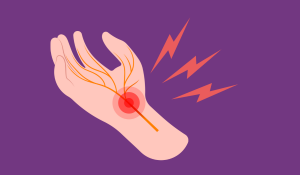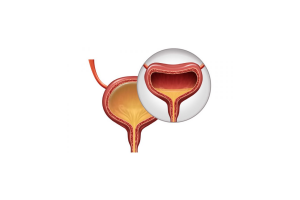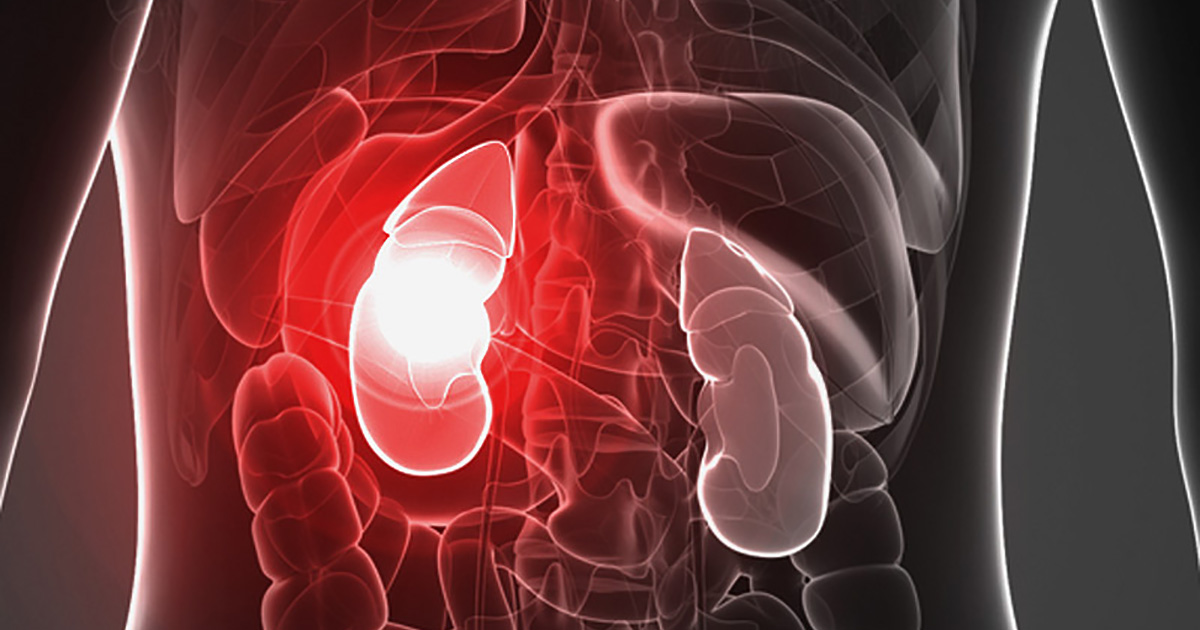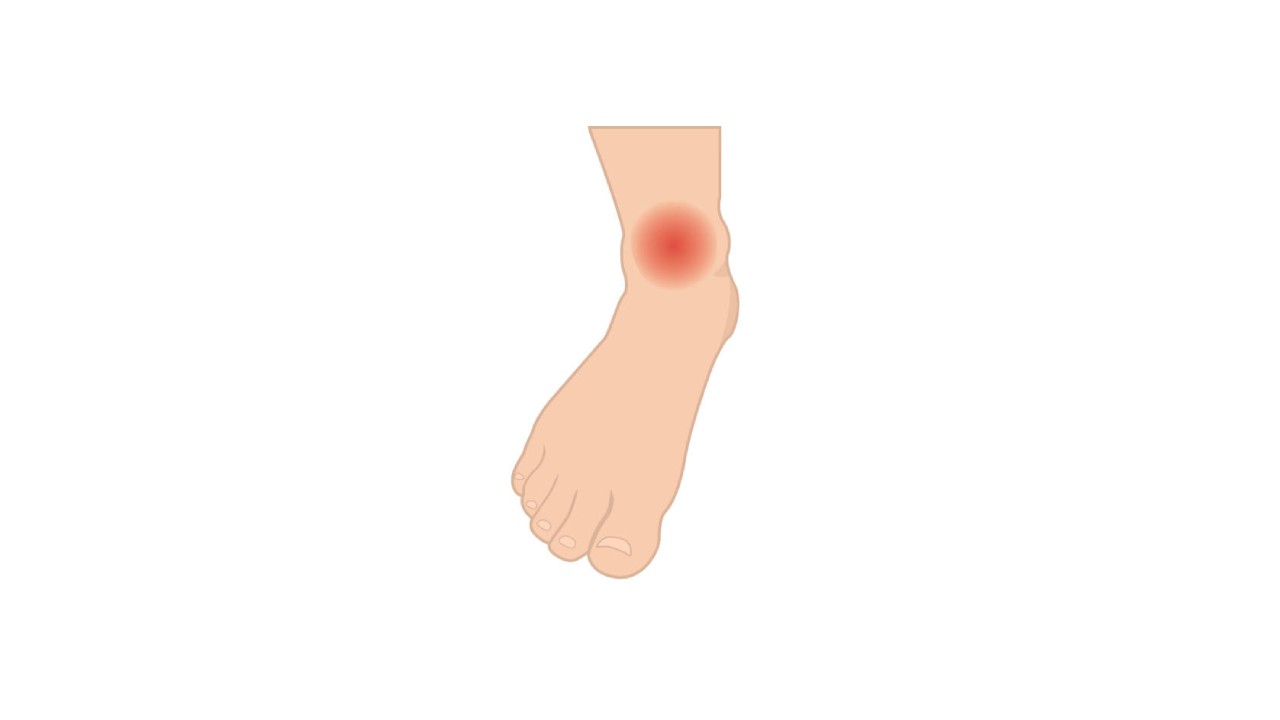Hyperthyroidism is a disorder caused by an overactive thyroid. Early research on rats has shown that the endocannabinoid system, with which CBD interacts, may regulate this overactivity and help return the thyroid to normal activity. Furthermore, CBD may help reduce some of the symptoms of hyperthyroidism, such as anxiety, pain, and nausea.
Your thyroid is a small gland near the front of your neck. Its primary role is regulating your body’s use of energy. Hyperthyroidism occurs when your thyroid begins to overwork itself. This causes the gland to produce more thyroid hormones than necessary.
Recent studies have shown that CBD may help those with hypothyroidism. More generally, many people use CBD for pain and inflammation, which can be significant symptoms of an overactive thyroid.
As your thyroid plays a critical role in the function of your body, an overactive thyroid can lead to a variety of symptoms:
• Anxiety
• Breathing difficulties
• Dizziness
• Goiter development
• Irregular heartbeat
• Lack of concentration
• Nausea
• Weakness
Some of these conditions, like dizziness, fast heartbeat, and shortness of breath require immediate medical attention.
There are several causes of hyperthyroidism:
• Grave’s disease, an autoimmune disorder, is the most common cause.
• Consumption of iodine in large quantities.
• Inflammation of the thyroid causes thyroid hormones to leak out.
• Medicine for underactive thyroids can lead to an overactive one if consumed in large amounts.
• Thyroid nodules or growths.
Some people are also at higher risk of developing hyperthyroidism:
• Anemics
• Diabetics
• People over the age of 60
• Recently pregnant
• Those with a family history of thyroid issues
• Women
Those with higher risk should consult with their doctor if they’ve also been exposed to one of the causes of hyperthyroidism.
Just as the thyroid helps to regulate certain activities of the body, the endocannabinoid system, with which CBD interacts, also plays a regulatory role. In fact, a recent study on rats found that receptors within the ECS can help regulate thyroid activity.Other studies have also concluded that receptors in the ECS play a role in hormonal activity. That is, using CBD for hormones may help to regulate overactive members of the endocrine system, of which the thyroid is one.

1. Understanding Neuropathic Pain Neuropathic pain results from nerve damage or dysfunction, causing symptoms like burning, tingling, or sharp shooting pains. Common Causes: Symptoms Include:...
Read More
Potential Applications of CBD for Inflammation Arthritis Relief: Arthritis impacts over 54 million adults in the U.S. alone. CBD’s anti-inflammatory and pain-relieving properties have shown...
Read More
Types of Bladder Diseases Bladder disease, from simple urinary tract infections to interstitial cystitis to bladder cancer, generally affects women more often than men. Women...
Read More
What Causes Libido Pain? Though low libido can occur for any number of personal and physical reasons, it is most often the result of one...
Read More
Cannabidiol, commonly known as CBD, is a chemical found in the cannabis plant and has been recognized as a natural pain management option for people...
Read More
What Causes Bladder Disease? Of the types of bladder diseases out there, cystitis is the one that affects millions of people at least once. This...
Read More
CBD Oil Benefits CBD oil may help reduce heart rate and blood pressure, which are two common health complaints associated with heart function. If you’re...
Read More
What Causes Kidney Failure? Several health conditions can lead to chronic kidney disease and, eventually, failure. These conditions damage the kidneys, reducing their ability to...
Read More
How Is CBD Different from Other Stomach Pain Conditions? You may remember having stomachaches as a child. These pains can be caused by indigestion, a...
Read More
Arthritis can come in many forms and affect many joints, but the ankle joint is a prime target for conditions like rheumatoid arthritis. RA, specifically,...
Read More